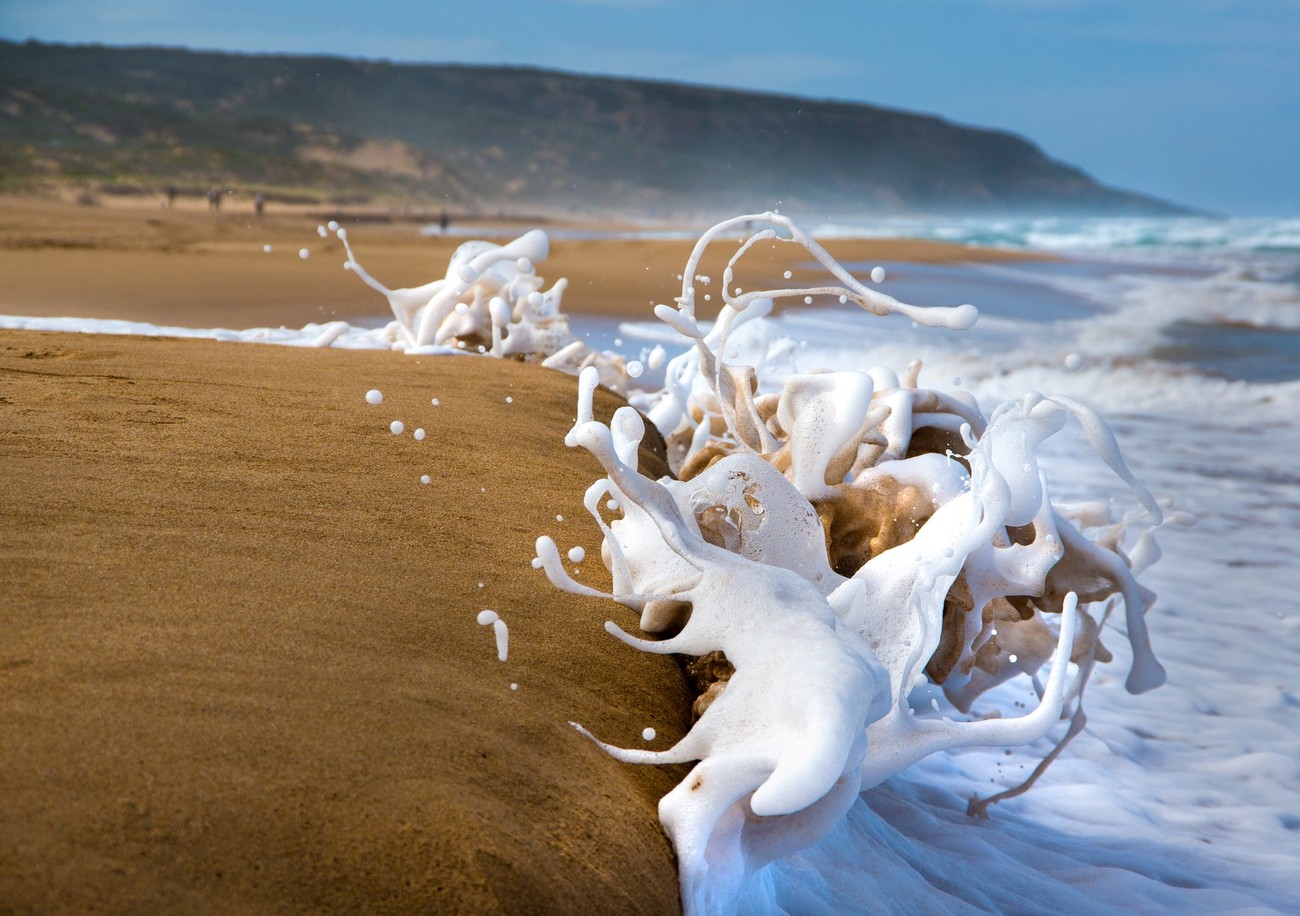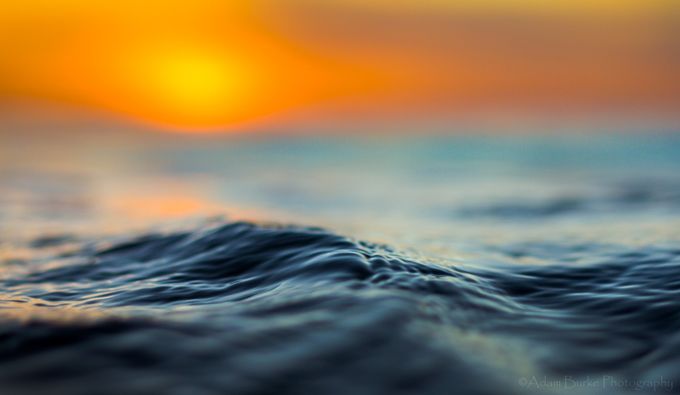We are excited to share our conversation with adam_burke ViewBug community member, read along and enjoy!
What are you trying to say with your photography?
I am basically trying to capture a brief moment in time when certain elements all come together to create an emotive image. Most of my work is based around the ever changing coastline, where the ocean meets the land. To get off the beaten track and find places of pure wilderness is when I find that my creative side really shines. I always, even as a child, wanted to know what was over the next headland or what may be found at the end of the beach. I want the images to inspire and encourage people to go forward and seek out these wild places.
How do you know if your images are visually interesting?
The images need to convey a sense of mood and drama. To me, it’s all about the use of light. I’m looking for those moments when the light dances on a stormy sea or when the waves bend and warp into the most amazing shapes. I really like to aim for moody, darker images which convey a feeling or emotion to the viewer. Photography is an art. It is all about artistic expression. So what I feel makes a great image may not appeal to all who view it, that is what makes photography art. It’s a personal endeavour of love and passion.
Do you think about perspective when you shoot?
Yes, all of the time. With so many other photographers out there today, you really need to look for new angles and perspectives to make your images really stand out. I always like to try and mix it up a bit and find some new way of looking at a scene that is both pleasing to the eye and different. It needs to be able to captivate the viewer and also draw them in to the image.
Do you use tripod or flash?
I don’t use a flash, but there is always a tripod in my pack. I mainly use the tripod for any long exposure shots at dawn and dusk, and for shooting at night under the stars. I also use a monopod for shooting the surf from land. It really saves the arms when you’re shooting with a heavy telephoto lens and it’s easy to throw it into the back pack.
What time of day do you prefer to shoot?
Most of my shots are taken in the early morning and late afternoon. This gives me about one or two hours of great shooting if the light and conditions co-operate. It is just such a special kind of light at those times of day. I will shoot all day if the weather is wild and stormy. There is no better feeling than being out in a storm, sheltering from the elements, whilst waiting for a small break in the clouds to light up the scene with a shaft of light. Before and after a storm has passed over, will nearly always give you some opportunities for a great image. You just have to be patient. If I am in the water shooting, then I will shoot at any time of the day as long as the light is good.
Are you looking for a unique subject?
I’m nearly always shooting in or around the ocean so you could say that water is the unique subject I am trying to capture. I love to watch how the waves move in the sea and the shapes they create when they arrive at the shoreline.
How are you choosing to stay close or far from the subject?
It really depends on what kind of image I am looking to capture. If I am shooting with prime lenses, then I will be moving around the scene trying to find a good composition. I think prime lenses are great for really making you look for a great shot or angle. They make you use your feet instead of a zoom. Lately I have been trying to get away from the wide angle landscape shots and closing in on the scene by isolating different subjects.
Do you think of rule of thirds/how?
I am always conscious of it, but I don’t always choose to use it. It really depends on what I am shooting. If it is a landscape shot then I will nearly always try to use the rule of thirds as it more appealing to the eyes. I like to create a shot that makes it feel like you could step into the scene. This is where rule of thirds comes into play. Foreground, mid-ground and background are what make a great wide angle landscape. After saying this, it’s also always good to forget the rules as well, and experiment with different angles.
Do you think of symmetry or reflections?
I am always looking for a shot that has a sense of harmony with the elements. I don’t go out looking for shots with symmetry or reflections, but if the opportunity is there I will always try and incorporate it into the scene.
Do you pay attention to the subject only or also the background and why?
I pay attention to everything in the scene. It’s no good taking a shot of your subject and finding out later that the background is distracting the viewer from the subject. A photograph should lead your eyes to the subject by combining good use of foreground and background elements to compliment the subject.
What do you prefer; B&W or Color?
I like to incorporate both if I can. I really like photographs and paintings that have a dark, moody and dramatic feel to them. I feel it really makes an image convey a sense of emotion and feeling. This can be done with colour and B&W.
What mistake do you see photographers doing often?
The biggest mistake I see photographers doing is not shooting for themselves. I see so many people trying to replicate the shots that they see on social media. This leads to shooting what they think people want to see, not what they are really passionate about. Having passion and love for what you are photographing will lead to creating your own individual style and vision. Photography is an art, and art is an expression of your creative imagination.
What is your most important lesson you’ve learned that has improved your photography?
Be true to what got you started in the first place. Do it because you love it and that will show in your work and style. Every time I am out exploring new places with my camera I am so excited, not just for taking photographs, but for being out in nature and observing this beautiful place we call Earth.
So the most important lesson I have learnt is, the more I am out on the coastline, exploring new places and immersing myself in the landscape, the greater my knowledge is of my subject. The more you understand your subject, the higher your chances are of capturing those shots you are looking for. A fleeting moment in time, captured for an eternity.








